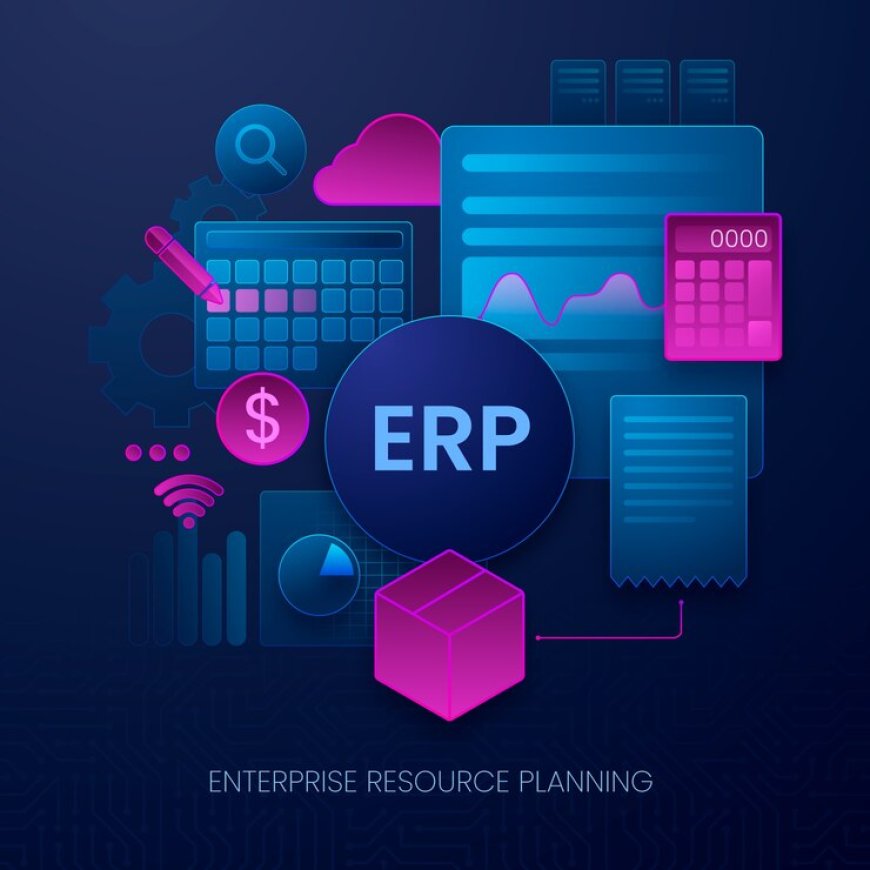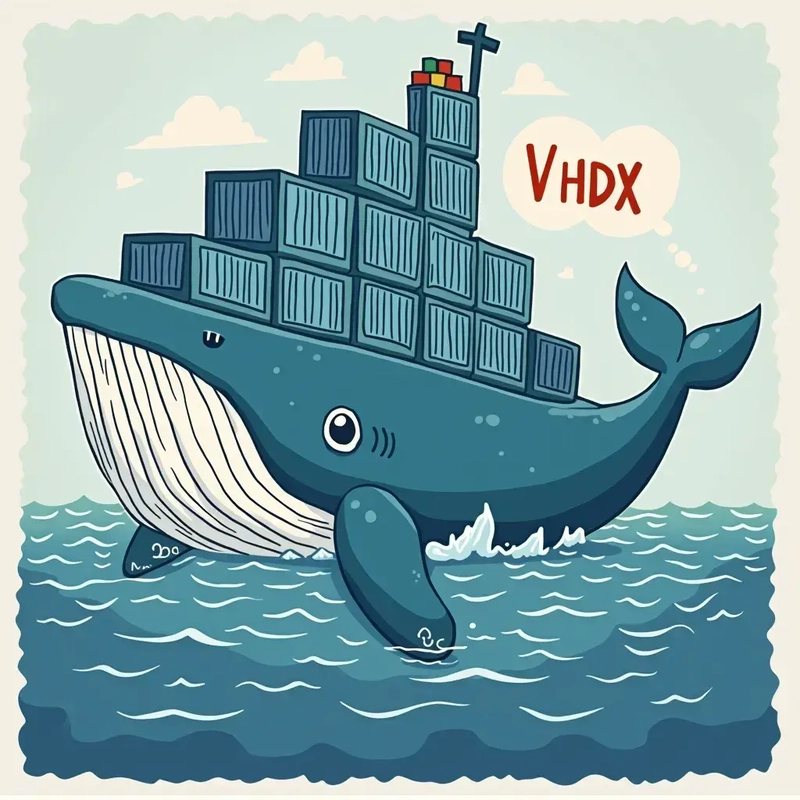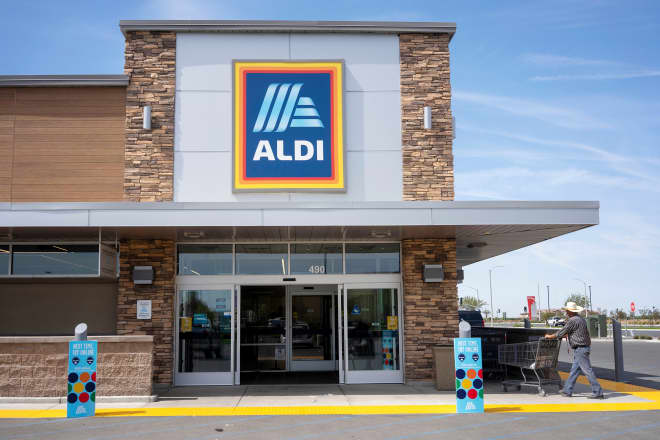Revolutionizing Business Efficiency: ERP Software Solutions in Dubai

In today's competitive business landscape, organizations across the UAE are increasingly turning to innovative technological solutions to streamline operations and drive growth. Enterprise Resource Planning (ERP) software has emerged as a cornerstone technology that enables businesses to integrate diverse functions into a unified system. This blog explores how ERP solutions are transforming businesses in Dubai and across the UAE, highlighting key considerations for companies looking to implement these powerful systems.
Understanding ERP Software
Enterprise Resource Planning software represents a comprehensive business management solution designed to integrate all facets of an operation. Unlike standalone applications that handle specific functions, ERP software provides a centralized platform where data flows seamlessly between departments—finance, inventory, human resources, procurement, and customer relationships all operate from a single source of truth.
Modern ERP software offers several critical advantages:
- Real-time visibility across business processes
- Elimination of redundant data entry and associated errors
- Standardized operational procedures
- Enhanced reporting capabilities and business intelligence
- Improved collaboration between departments
- Scalability to accommodate business growth
By consolidating business information within one system, organizations gain unprecedented transparency into their operations, enabling data-driven decision-making and strategic planning. The automation capabilities inherent in ERP systems also free employees from routine tasks, allowing them to focus on value-adding activities that drive business success.
ERP Software Dubai: Market Trends and Adoption
Dubai's position as a global business hub has created a thriving ecosystem for ERP implementation across various sectors. The emirate's forward-thinking business environment, coupled with government initiatives promoting digital transformation, has accelerated ERP software adoption throughout the region.
Several factors distinguish Dubai's ERP software landscape:
Diverse Business Requirements
Dubai's heterogeneous business environment—spanning industries from retail and hospitality to manufacturing and logistics—demands flexible ERP solutions. Local businesses often require systems that can accommodate multi-currency transactions, manage international supply chains, and comply with UAE-specific regulations including VAT requirements.
Integration with Smart City Initiatives
As Dubai continues its evolution into a smart city, ERP software implementations increasingly integrate with broader digital infrastructure. This connectivity enables businesses to participate more effectively in the emirate's digital ecosystem, leveraging IoT capabilities and government digital services.
Focus on Cloud Deployment
While on-premises ERP systems remain prevalent, Dubai businesses are increasingly gravitating toward cloud-based solutions that offer reduced implementation time, lower upfront costs, and enhanced accessibility for remote work arrangements—a trend accelerated by recent global workplace shifts.
Many organizations in Dubai implement ERP software as part of broader digital transformation strategies, recognizing that technological modernization represents a competitive necessity rather than merely an operational improvement.
Best ERP Software in UAE: Selection Criteria
The UAE market offers numerous ERP solutions catering to businesses of various sizes and industries. When evaluating the best ERP software in UAE, organizations should consider several critical factors:
Industry-Specific Functionality
Leading ERP solutions provide industry-tailored capabilities addressing specific business requirements. For retail operations, robust inventory management and point-of-sale integration may prove essential, while manufacturing businesses might prioritize production planning and quality control features.
Localization Capabilities
The most effective ERP implementations in the UAE incorporate localization features addressing regional requirements, including:
- Arabic language support and right-to-left script compatibility
- UAE-specific accounting practices and tax regulations
- Integration with local banking systems
- Support for local business documentation requirements
- Compliance with UAE labor laws
Scalability and Customization
As businesses evolve, their ERP systems must accommodate changing requirements. Top-tier ERP software offers customization capabilities without requiring extensive code modifications, enabling organizations to adapt the system to their unique processes while maintaining upgrade compatibility.
Implementation Partner Expertise
The success of an ERP implementation depends significantly on the implementing partner's experience and methodology. Organizations should evaluate potential partners based on their industry knowledge, technical expertise, and track record of successful implementations within the UAE business environment.
Conclusion
ERP software represents a transformative investment for businesses operating in Dubai and across the UAE. By centralizing information, streamlining processes, and enabling data-driven decision-making, these systems provide a technological foundation for business growth and operational excellence.
As the UAE business landscape continues evolving, ERP solutions will play an increasingly vital role in helping organizations maintain competitiveness in the global marketplace. Companies that strategically implement these systems—selecting appropriate solutions and implementation partners while carefully managing organizational change—position themselves advantageously for sustained success in Dubai's dynamic business environment.
Frequently Asked Questions
What is the typical implementation timeframe for ERP software in Dubai businesses?
Implementation durations vary based on organizational complexity and solution scope, typically ranging from 3-6 months for small to medium businesses to 12-18 months for large enterprises implementing comprehensive systems. Cloud-based solutions generally offer faster deployment times compared to on-premises implementations.
How much does ERP software typically cost for UAE businesses?
ERP pricing in the UAE varies substantially based on deployment model (cloud vs. on-premises), number of users, required modules, and customization needs. Small business implementations may start from AED 50,000, while enterprise-level solutions can exceed AED 1 million. Cloud-based systems typically follow subscription pricing models ranging from AED 350-900 per user monthly.
Which industries in Dubai benefit most from ERP software implementation?
While ERP software delivers advantages across sectors, manufacturing, retail, distribution, construction, and professional services organizations in Dubai report particularly significant benefits. These industries typically manage complex operations spanning multiple locations and departments, making them ideal candidates for integrated business management systems.
How can businesses ensure successful ERP software adoption among employees?
Successful adoption requires comprehensive change management strategies including executive sponsorship, clear communication about system benefits, thorough training programs, and post-implementation support. Organizations should identify and empower "system champions" within each department to provide peer-level assistance during transition periods.
What integration capabilities should businesses look for in ERP software for the UAE market?
Organizations should prioritize ERP solutions offering robust APIs for integration with government systems (for regulatory compliance), payment gateways supporting local payment methods, e-commerce platforms, customer relationship management systems, and industry-specific applications relevant to their operations.




















_Dzmitry_Skazau_Alamy.jpg?width=1280&auto=webp&quality=80&disable=upscale#)

























![American Airlines Offering 5,000-Mile Main Cabin Awards—Because Coach Seats Aren’t Selling [Roundup]](https://viewfromthewing.com/wp-content/uploads/2017/11/20171129_062837.jpg?#)































